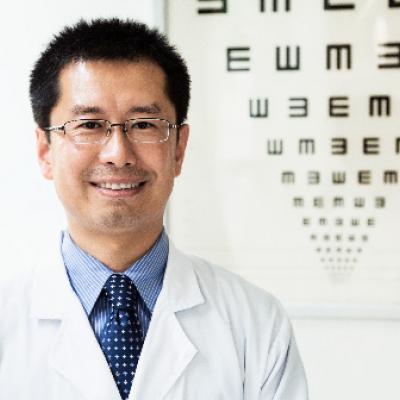All Categories
Featured
Table of Contents

Normal eye assessments are important for keeping great vision and identifying prospective eye wellness problems early. The frequency of these tests can differ dramatically based on a person's age, lifestyle, and general health. Recognizing the suggested routine for eye examinations can assist ensure that people of all ages get ideal treatment and monitoring for their eye wellness.
Newborns and Toddlers (0-2 Years)
For infants and toddlers, eye tests are essential for detecting any possible vision problems at an early stage. The American Academy of Ophthalmology advises that a youngster's very first eye test should happen at around six months of age. Throughout this preliminary check out, the eye care expert will certainly examine the youngster's visual development and check for any noticeable eye issues.Following this initial test, it is recommended that kids have an additional eye examination at age three. This see will focus on evaluating the child's overall aesthetic feature, including eye placement and the ability to track items. If no problems are detected, the following examination needs to be scheduled before the kid starts college, typically around age five or six.
School-Aged Kids (6-18 Years)
Normal eye exams need to be scheduled every one to 2 years as soon as kids reach institution age. Vision is crucial for discovering and growth, and many colleges perform vision testings. These screenings do not replace a comprehensive eye test by an eye treatment specialist.For children included in sporting activities or activities requiring significant visual emphasis, annual eye exams may be advisable. Furthermore, if a child displays indicators of vision problems-- such as trouble reviewing, squinting, or frequent frustrations-- a browse through to the eye doctor must be set up asap.
Youthful Grownups (19-39 Years)
Young person generally have less vision changes than older age, however regular eye tests remain vital. The general referral is to arrange an eye test every two years throughout this period. Individuals with details threat elements-- such as a family members background of eye condition, diabetes, or those who put on call lenses-- ought to consider yearly eye exams.Additionally, those who spend substantial time on electronic gadgets may experience electronic eye pressure. If signs such as dryness, tiredness, or blurred vision happen, it may be smart to see an eye treatment expert earlier.
Grownups (40-64 Years)
Adults aged 40 to 64 must set up eye tests every one to two years. Eye exams can additionally assist identify other usual age-related conditions such as glaucoma, cataracts, and macular degeneration.If people in this age have risk factors like high blood pressure or diabetic issues, they may require even more constant evaluations to monitor their eye wellness closely.
Seniors (65 Years and Older)
For seniors, routine eye exams come to be a lot more crucial. The American Optometric Organization suggests that individuals aged 65 and older have an eye examination at the very least annually. Older grownups are at a greater danger for various eye diseases, consisting of cataracts, glaucoma, and age-related macular deterioration. Early discovery and treatment of these problems can prevent vision loss and boost the high quality of life.Verdict.
Understanding the ideal timetable for eye exams based upon age is vital for keeping ideal eye health and wellness throughout life. From infants to senior citizens, normal eye examinations play a vital role in finding issues early and making sure that vision stays sharp. By adhering to these standards and talking to an eye treatment expert, people can take positive steps toward preserving their vision and total health. Whether it's a child's very first go to or an elderly's annual exam, prioritizing eye care is a financial investment in lifelong health.Table of Contents
Latest Posts
A Historical Shoreline Location with Modern Delights
Published Apr 06, 25
1 min read
A Historical Shoreline Destination with Modern Delights
Published Apr 05, 25
1 min read
Host Your Perfect Occasion: Location Rental Alternatives for every single Occasion
Published Mar 26, 25
1 min read
More
Latest Posts
A Historical Shoreline Location with Modern Delights
Published Apr 06, 25
1 min read
A Historical Shoreline Destination with Modern Delights
Published Apr 05, 25
1 min read
Host Your Perfect Occasion: Location Rental Alternatives for every single Occasion
Published Mar 26, 25
1 min read